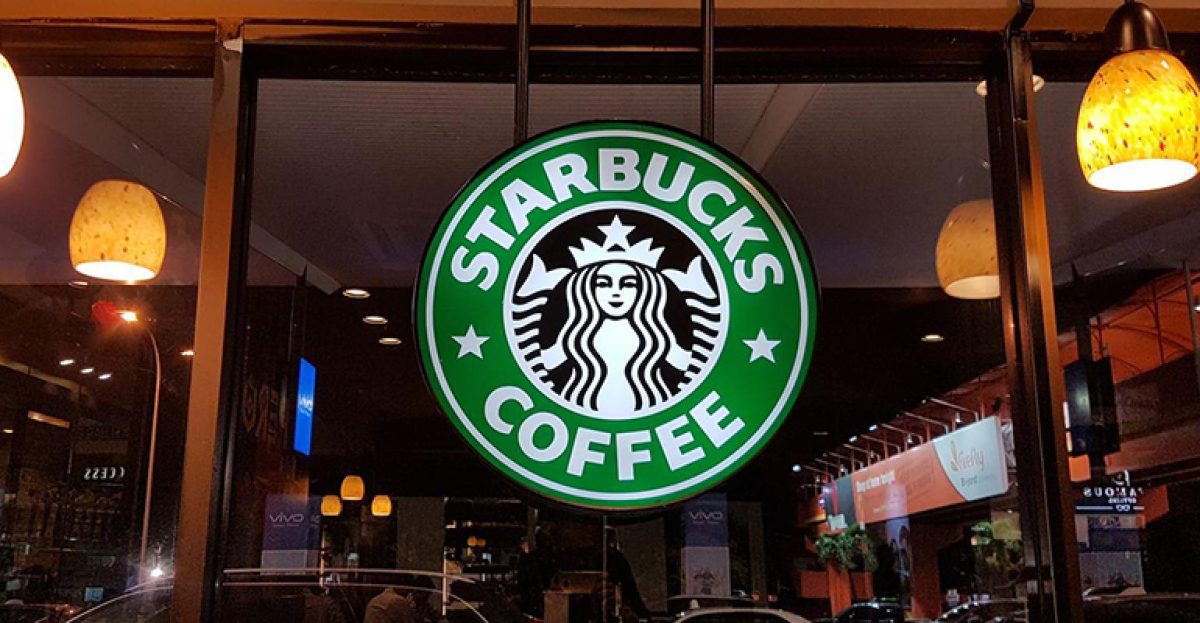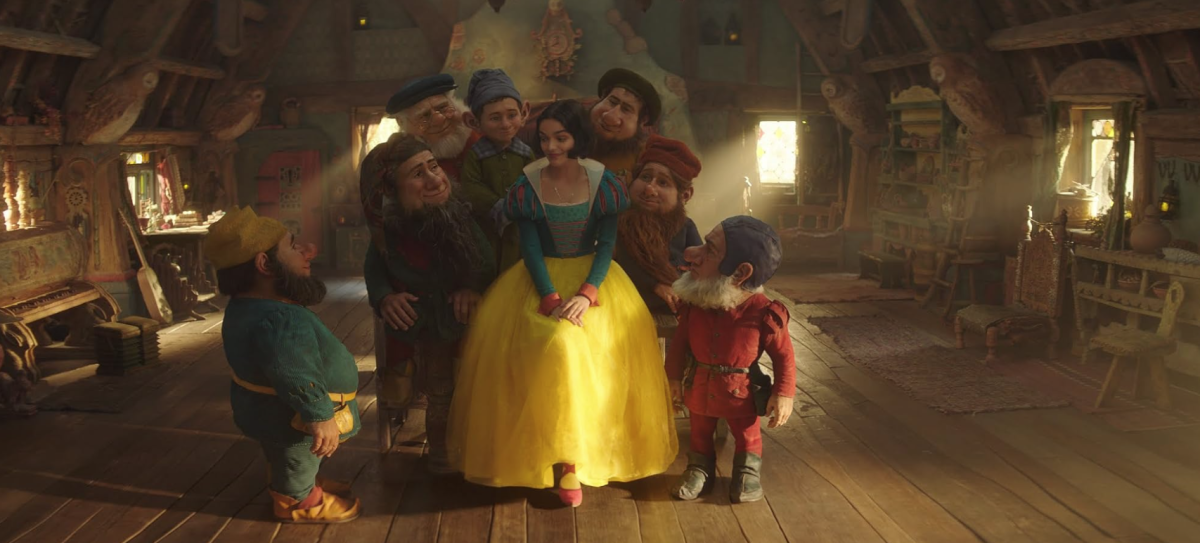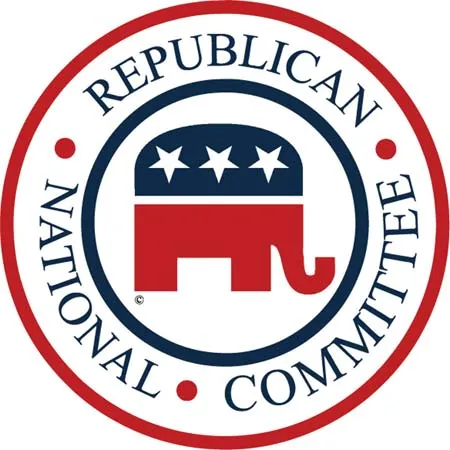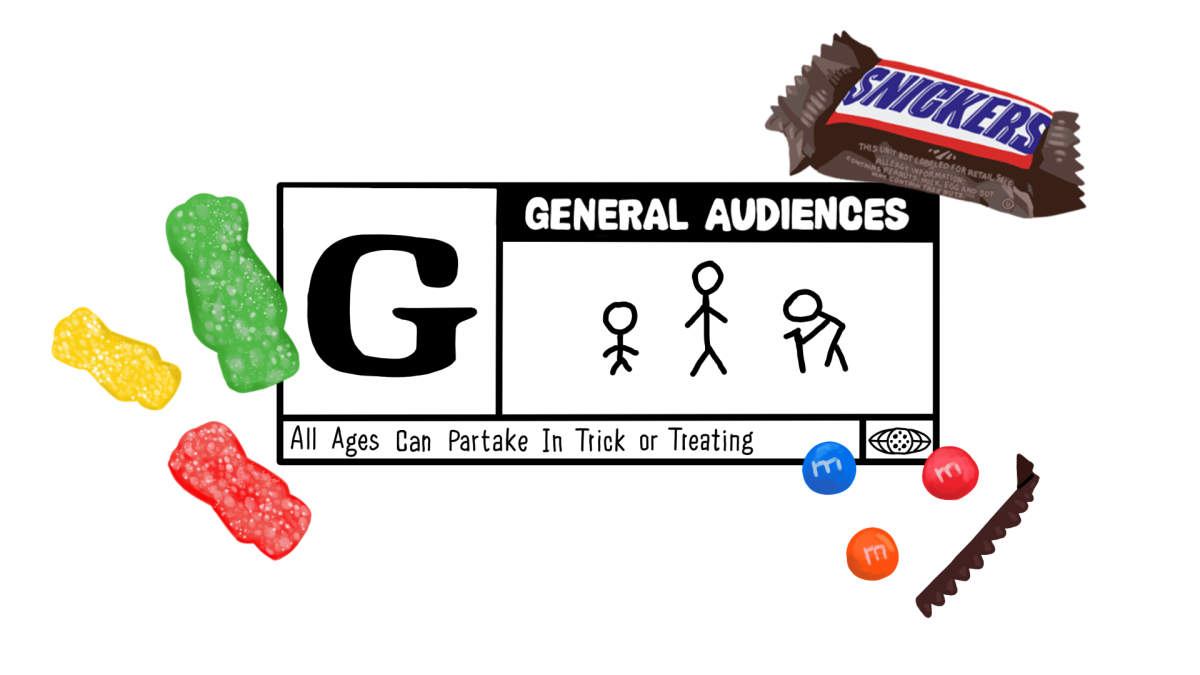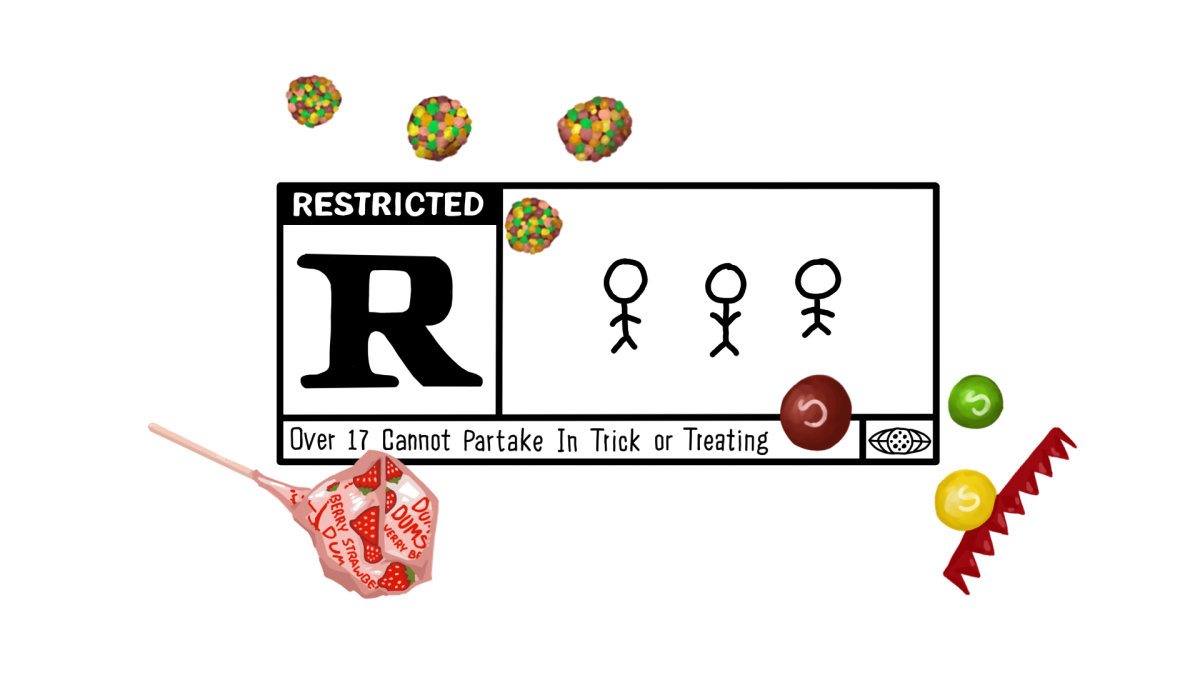When we think about love, we often think of grand gestures — big proposals, surprise vacations, big engagement rings. But we never wonder how this came to be. Why is it that often, in many romantic shows or movies you watch, this kind of grand gesture is a way of verifying that their significant other is in love with them?
Grand gestures are proven to be rather detrimental to societal standards of relationships. We as humans value examples and real-life comparisons. We see these in movies and decide that is what love should look like — expensive gifts and actions. Rather than appreciating the small things, society focuses on the big things — the costly things, and not what takes real time and meaningful dedication. This is mainly a result of capitalism.
Capitalism is described as an economic system in which a country’s industry and trade are controlled by private owners for profit. It is great for the one percent, but not for those suffering from the consequences. Because of capitalism, materialistic affection — which is buying your significant other things to reassure your love — was born. And while this may be some people’s optimal love language, it may be a burden to those who aren’t as financially secure. An example of this dilemma is the practice of purchasing engagement rings. Engagement ring proposals in America emerged in the 1840s but were popularized in the early 1900s because jewelers wanted to sell as many diamonds as possible in one purchase. It was never originally a cultural gesture of love with meaning, but rather it was a way for jewelers to earn profit. Valentine’s Day’s main purpose is to make reservations at nice restaurants, take romantic trips and buy teddy bears and chocolates because capitalism has made it so that we believe that is what we need to do to effectively profess our love.
What comes hand-in-hand with materialism – monetization, which is a societal adaptation to trade based on the exchange of money. Most actions are never enough anymore; it is the value of the gifts you give. While some may appreciate the thought put behind a gift, advertisements and corporations make it sound like you need to spend money in order to be considered “thoughtful.” It seems as though this trend of partners buying outrageously overpriced things for their significant other is the most common way to validate the strength of their loyalty and love, and capitalism is to blame. Love for one another is being used to influence them into putting more money into the pockets of these corporations.
While buying things for your significant other is not inherently bad, it may spur some unwise financial decisions for people who are not as wealthy and feel obligated to needlessly spend on their relationship. Handmade gifts like love letters, flowers made of paper and origami animals always have more thought and love put into them than store-bought objects. Love is so much more than gifts that anyone can find in a store, and to not feel bad that they are not falling victim to capitalism’s lures.




